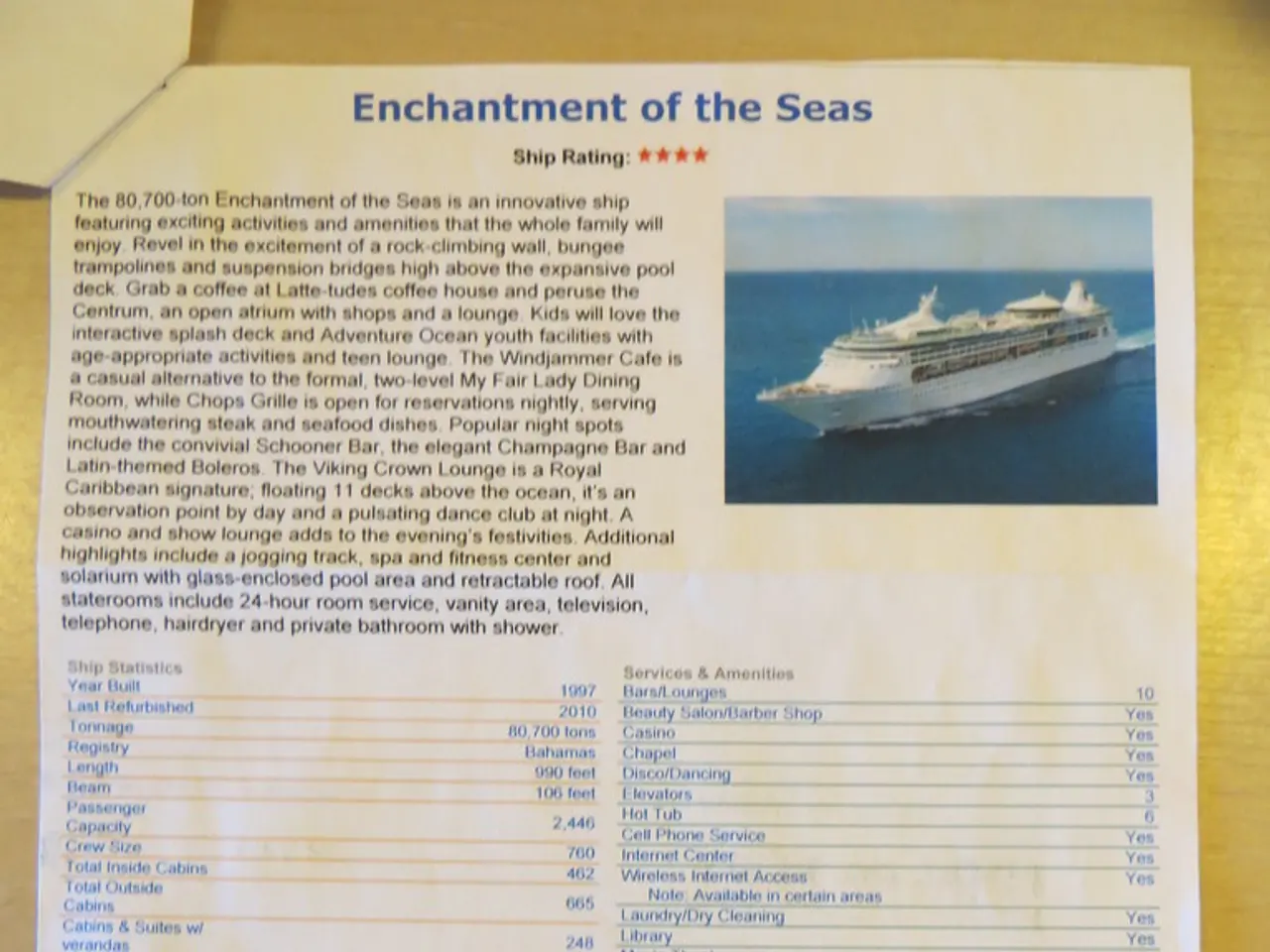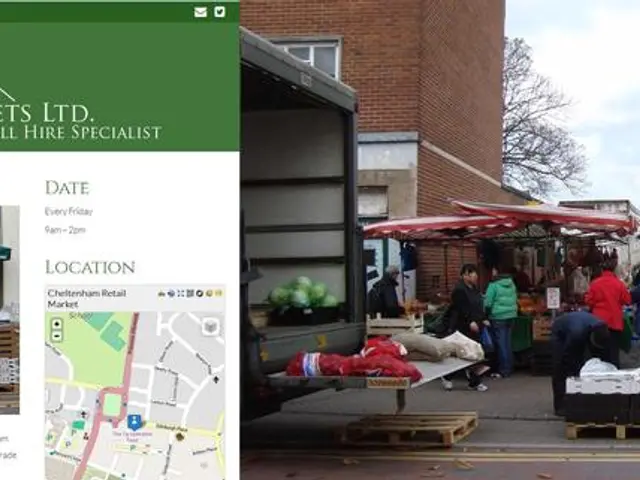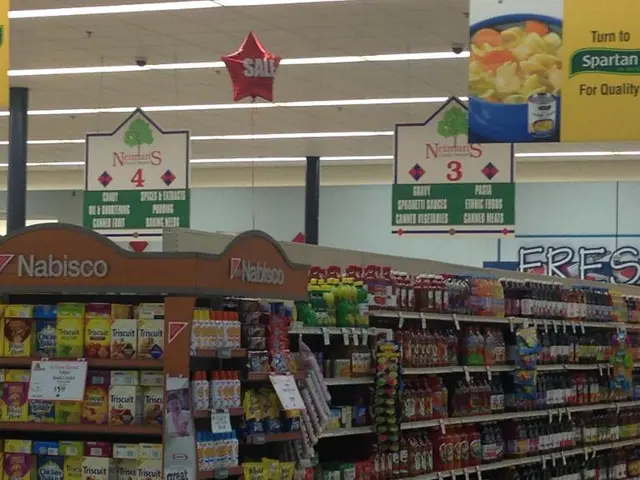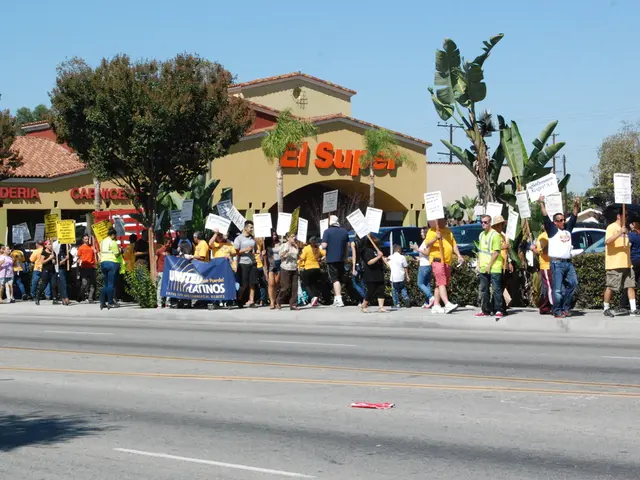Developmental Timeline and Progress of the IHO-Nippon Foundation GEOMARine Project Spanning 15 Years
The IHO-Nippon Foundation Geospatial Marine Analysis and Cartography (GEOMAC) project, initially established as the Japan Capacity Building Project (JCBP) in 2008, is a collaborative initiative aimed at improving geospatial marine analysis and cartography, particularly in developing countries. The project, now in its fourth iteration, has been significantly funded by the Nippon Foundation, a Japanese philanthropic organization known for its support in various fields, including education and international understanding.
The primary objective of the GEOMAC project is to improve the capacity of developing countries to produce accurate and effective marine cartographic products. This includes strengthening their ability in geospatial analysis and mapping, which is crucial for maritime boundary delimitation, marine resource management, and safety of navigation.
Activities within the project involve training programs, workshops, and capacity-building activities designed to enhance the technical skills of national hydrographic and cartographic agencies. It also focuses on the development of standards and guidelines for marine cartography aligned with the International Hydrographic Organization (IHO) standards.
The project, which began in 2008, has undergone two transformations, first into the IHO-Nippon Foundation Cartography, Hydrography and Related Training (CHART) project in 2014, and then into the current GEOMAC project in 2020.
The training courses, delivered by the UKHO training team, supplemented by presentations from UKHO specialist speakers and visits to relevant UKHO work areas, are a key component of the project. Students are formally assessed throughout the course and must meet or exceed the standard to receive a certificate upon completion.
The GEOMAC project is not limited to training courses. Field trips are undertaken during the course to enrich the class-based training, and the project also fosters international cooperation among countries and organizations, promoting the sharing of expertise and best practices in marine cartography.
The project's funding sources include the Nippon Foundation and the IHO, which contributes by providing technical expertise, policy guidance, and organizational support. Other potential sources of funding could include international development agencies, maritime organizations, or national governments that benefit from the project's outcomes.
The impact of the GEOMAC project is significant. It enhances the capacity of developing countries to manage their marine resources more effectively, leading to better navigation safety, more efficient resource extraction, and enhanced protection of marine ecosystems. The project's global collaboration aspect promotes the sharing of expertise and best practices in marine cartography.
The 12th training course of the GEOMAC project, initially scheduled for September 2020, was postponed three times due to the COVID-19 pandemic. To accommodate the delay, the 13th and 14th training courses were held simultaneously from August to December 2022. The GEOMAC project will continue until 2025, with a planned 16-course training in 2024.
In conclusion, the IHO-Nippon Foundation Geospatial Marine Analysis and Cartography (GEOMAC) project represents a collaborative effort to improve global maritime management and safety through enhanced geospatial marine analysis and cartography. Its continued success is a testament to the power of international cooperation in addressing global challenges.
- The GEOMAC project, through its focus on nautical charting and hydrographic survey, is a significant application of science and technology, aiming to improve the safety of navigation and resource management in developing countries.
- In addition to technical skills training, the project also promotes education and self-development, with the courses covering various medical-conditions and other important aspects of the maritime industry to ensure comprehensive knowledge for participants.
- The GEOMAC project's collaborative nature extends beyond geospatial marine analysis and cartography, fostering international cooperation and knowledge sharing in other fields such as technology and policy development, contributing to a more connected global community.







